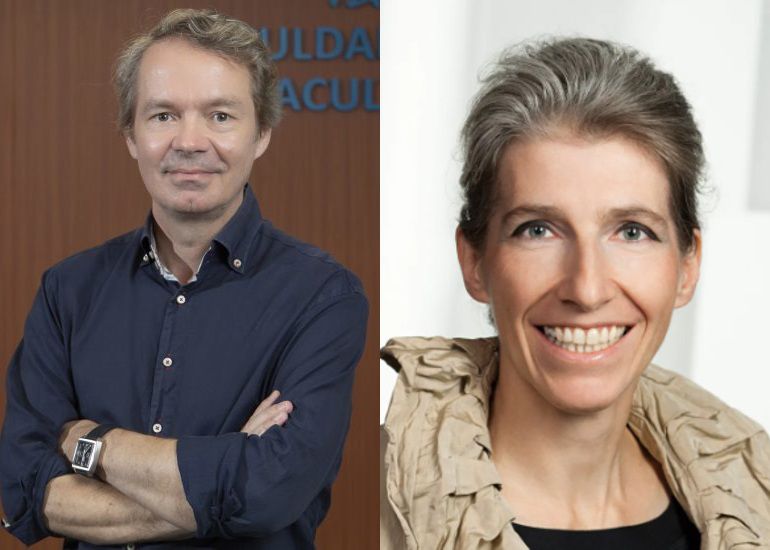Rostam J. Neuwirth: “Governing Artificial Intelligence: A Critical Global Assessment and Future Outlook”
Rostam J. Neuwirth discusses developments in AI regulation and the implications for global governance frameworks.

June 17th 2025
- 17:00 – 18:00 CEST
-
This is an online-only event.
See description for details.
On This Page
- Speaker: Rostam J. Neuwirth, University of Macau
- Moderator: Christiane Wendehorst, University of Vienna, Austria
About the Event
June 17, 2025
5:00 – 6:00 PM
(17:00) CEST
Abstract
The stellar rise of artificial intelligence (AI) technologies over the past few years has triggered intense debates around the world about the potential of both great benefits as well as serious risks related to the use of AI in virtually all areas of life. Parallel to the fierce global competition in the development of AI, governments and regional or international organizations called for actions aimed at addressing the ethical concerns associated with AI through binding laws or regulations. The European Union initially proposed a comprehensive Draft AI Act in 2021, UNESCO adopted the Recommendations on AI in the same year and the People’s Republic of China had adopted at least three specialized regulations targeting different aspects of AI since then. At the same time numerous other jurisdictions have adopted laws or are working on them. The paper first argues that the notion of AI is a misnomer and should be qualified as an oxymoron instead. Second and as exemplified by the prohibition of certain categories of AI systems in the European Union’s AI Act, it will critically comment on the causes and effects of the dominant narrative of a ‘global race from the development to the regulation of AI’ for the overall goals related to the governance of AI technologies in the future.
Slides
Here you can download the slides:
Download the slides.
Video
If you watch this video, data may be transmitted to third parties.
Watch on YouTube: https://youtu.be/XeLz91WCUOI

